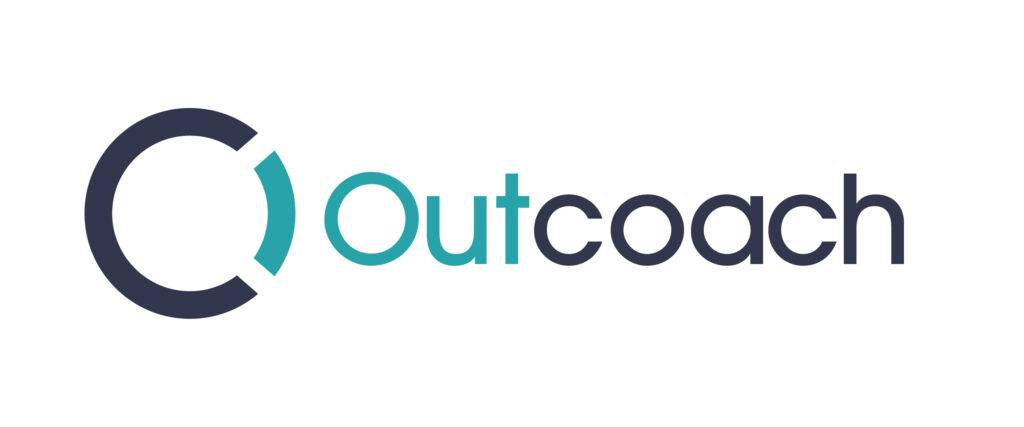How to use software to run your music business smoothly?

Managing a music school is no easy feat, whether it’s a small local academy or a large institution with multiple branches. The industry has been paper-and-pen based for a very long time. In a world where everything is digitized and available on our mobiles, does it still make sense to do things the old-fashioned way?
In this article, we’ll explore how software platforms specifically designed for music schools can simplify operations and support growth. Software can not only streamline administrative tasks but also enhance the overall experience for students, teachers, and parents.
The Importance of Effective Scheduling in Music Schools ⏰
Scheduling is complex. Most people are used to calendars and invites for their work life, but somehow this is often missing when attending classes or dropping children off. A lot relies on memory rather than having the schedule clearly visible.
Challenges:
Individual lessons, group classes, recitals, and exams require proper scheduling
Scheduling conflicts frustrate students and teachers alike
Without proper tools, memory and scattered communications lead to admin headaches and confusion among students, coaches, parents, and business owners
Reducing Admin Burden:
Platforms like Outcoach save time by eliminating manual scheduling
Customized calendars allow students, teachers, and parents to see daily, weekly, or monthly schedules
Additional details like teacher info, messages, and homework are easily accessible
Enhancing Student Experience:
Consistent scheduling improves engagement and satisfaction
Increases accountability as everyone has the same information
Students and parents can access schedules online, receive reminders, and avoid missing lessons or events
Effective scheduling forms the foundation for smooth music school operations. The right software reduces confusion and frustration, making everything feel more organized.
Key Features of Music School Management Software 🖥️
Choosing the right software involves understanding the key features for your school:
1️⃣Scheduling and Calendar Management
Schedule individual lessons, group classes, recitals, and exams
Customize and standardize schedules to reduce human error
Mobile-friendly access for easy checking anytime, anywhere
2️⃣ Student Management
Tracking Attendance:
Capture attendance via mobile
View missed and upcoming classes quickly
Accessing Student Info:Teachers can access contact info, medical notes, and private notes
Measuring Progress:Track homework, exam performance, and competitions
Set goals and provide feedback and reflections
3️⃣ Billing and Invoicing
Automated invoicing reduces manual work
Accept mobile payments instantly
Schedule payment reminders automatically
4️⃣ Communication Management
Send notifications and SMS for upcoming lessons and events
Avoid cluttering email inboxes
Integrated messaging keeps communication organized
5️⃣ Free and Full Access
All users get access to schedules, invoices, messages, goals, and actions
Mobile-friendly for iOS and Android users
How to Choose the Right Software
Consider:
Scalability & Customization: Should grow with your school, mobile or web access
User-Friendly Interface: Intuitive design for administrators, teachers, and students
Customer Support & Onboarding: Real people, quick responses, free setup
Cost-Effectiveness: Pay only for what you use, no long-term lock-ins
Benefits of Implementing Music School Management Software 🌟
Increased Efficiency & Reduced Errors: Automates scheduling, billing, and reporting
Enhanced Communication & Transparency: Keeps students, parents, and teachers informed
Boosted Student Retention & Satisfaction: Personalized learning plans and progress tracking
Improved Financial Management: Mobile payments ensure healthy cash flow
Reduced Risk: Accurate record-keeping for student data, attendance, and invoices
FAQs ❓
1. Benefits?
Efficient scheduling, billing, and communication
Personalized learning and progress tracking
Better financial management
2. How does scheduling software help?
Automates lesson assignments, event management, and notifications
Reduces errors and saves time
3. Can it handle online lessons?
Yes, most software supports in-person and virtual lessons, including payments and virtual classrooms
4. Is it worth the investment?
Absolutely. Saves time, reduces errors, improves communication, and enhances school management
Conclusion 🎵
Adopting music school management software is essential for modern schools. It simplifies admin tasks while enhancing the student experience. Trends like AI integration, virtual learning, and sustainable practices will continue shaping music schools, making them more efficient and adaptable.
Whether you’re a small academy or a large institution, the right software can make all the difference in achieving goals and delivering the best service to your students.
Additional resources





